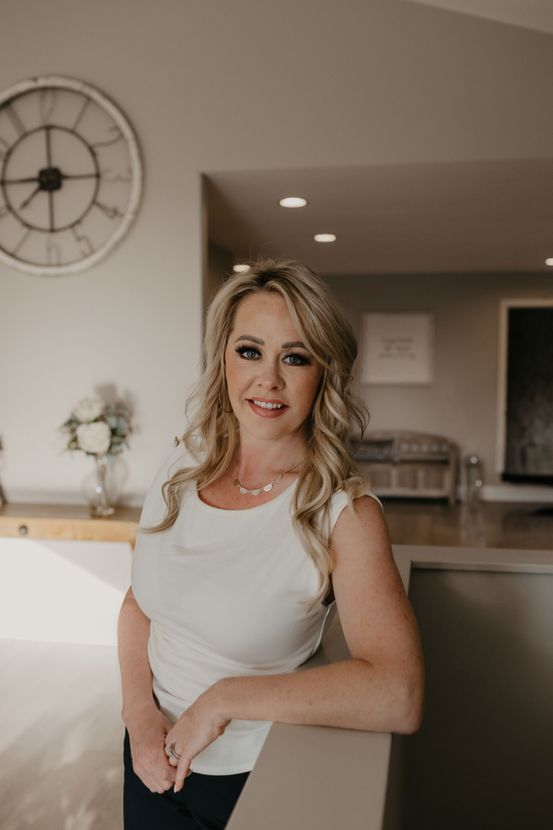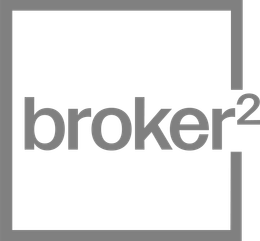Personalized
Mortgage
Solutions
About Me
Hi, I’m Angela Campbell (formerly Creed). I’ve practically grown up in the mortgage brokering industry, as I set out on this career path at just 21 years old. Before beginning to build and manage my own mortgage business, I honed my skills in a variety of roles within the industry, including payroll, human resources management, event coordination, client care and mortgage underwriting. This gave me the inside scoop on all angles of the mortgage financing process – from gathering information and fulfilling conditions to deal completion and beyond.
I’m passionate about working with all types of clients, but I have a soft spot for first-time buyers, as they’re so excited about owning their own place, and I love helping turn their home dreams into reality.
But, my job isn’t over once a mortgage has funded. It’s my goal to be with you throughout your time as a mortgage holder, continually adjusting your financing to meet your unique needs.
I’ve personally owned several homes as well as a rental property, so I have first-hand knowledge that provides me with special insight into walking clients through each purchase, and helping navigate the renewal and refinancing processes.
I also know what it’s like to raise a family and make adjustments along the way as life happens – whatever it takes to accommodate an evolving household. I have a toddler and two step children who are heavily involved in soccer and hockey, plus two little dogs I also treat like kids.
My mornings are always spent at the gym or doing yoga before I start my day, so I can clear my mind and rejuvenate myself to take on your mortgage needs – regardless of whether you’re purchasing a new home or renewing/refinancing an existing mortgage.
Services
First Time Home Buyer
Home Purchase
Refinance
Renewal
Are you looking to buy a new home, refinance, or renew an existing mortgage?
Calculators
Curious about what you might be able to afford?
Articles to keep you informed









